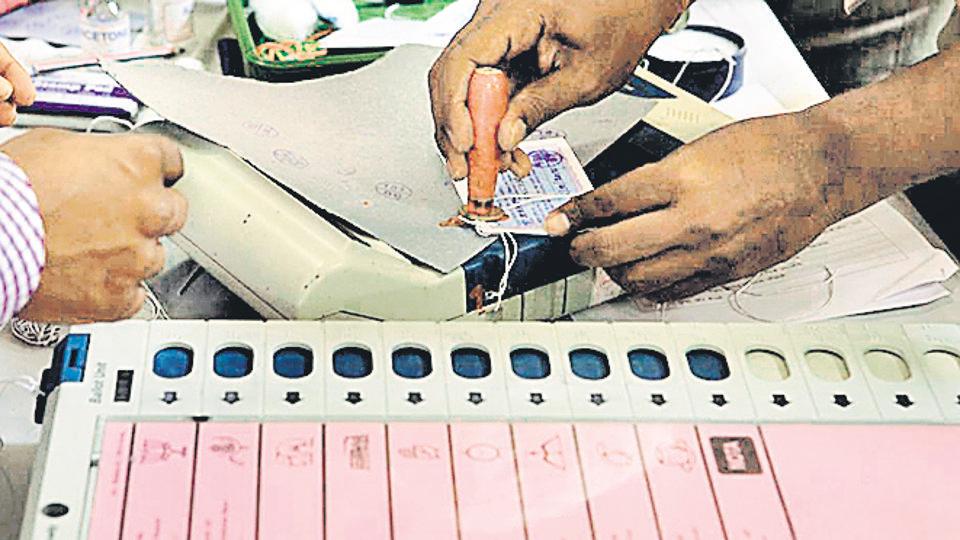Model Code of Conduct
Model Code of Conduct
- The MCC is a set of guidelines issued by the Election Commission to regulate political parties and candidates prior to elections, to ensure free and fair elections.
- This is in keeping with Article 324of the Constitution, which gives the Election Commission the power to supervise elections to the Parliament and state legislatures.
- The MCC is operational from the date that the election schedule is announced till the date that results are announced.

Evolution of Model Code of Conduct:
- The MCC was first introduced in the state assembly elections in Kerala in 1960.
- It was a set of instructions to political parties regarding election meetings, speeches, slogans, etc.
- In the 1962 general elections to the Lok Sabha, the MCC was circulated to recognised parties, and state governments sought feedback from the parties.
- In 1979, the Election Commission added a section to regulate the ‘party in power’ and prevent it from gaining an unfair advantage at the time of elections.
- In 2013, the Supreme Court directed the Election Commission to include guidelines regarding election manifestos, which it had included in the MCC for the 2014 general elections.
Key provisions of the Model Code of Conduct:
The MCC contains eight provisionsdealing with general conduct, meetings, processions, polling day, polling booths, observers, party in power, and election manifestos.
- General Conduct: Criticism of political parties must be limited to their policies and programmes, past record and work. Activities such as: (a) using caste and communal feelings to secure votes, (b) criticising candidates on the basis of unverified reports, (c) bribing or intimidation of voters, and (d) organising demonstrations or picketing outside houses of persons to protest against their opinions, are prohibited.
- Meetings: Parties must inform the local police authorities of the venue and time of any meeting in time to enable the police to make adequate security arrangements.
- Processions: If two or more candidates plan processions along the same route, organisers must establish contact in advance to ensure that the processions do not clash. Carrying and burning effigies representing members of other political parties is not allowed.
- Polling day: All authorised party workers at polling booths should be given identity badges. These should not contain the party name, symbol or name of the candidate.
- Polling booths: Only voters, and those with a valid pass from the Election Commission, will be allowed to enter polling booths.
- Observers: The Election Commission will appoint observers to whom any candidates may report problems regarding the conduct of the election.
- Party in power: The MCC incorporated certain restrictions in 1979, regulating the conduct of the party in power. Ministers must not combine official visits with election work or use official machinery for the same. The party must avoid advertising at the cost of the public exchequer or using official mass media for publicity on achievements to improve chances of victory in the elections. Ministers and other authorities must not announce any financial grants, or promise any construction of roads, provision of drinking water, etc. Other parties must be allowed to use public spaces and rest houses and these must not be monopolised by the party in power.
- Election manifestos: Added in 2013, these guidelines prohibit parties from making promises that exert an undue influence on voters, and suggest that manifestos also indicate the means to achieve promises.
Is the Model Code of Conduct legally binding?
- The MCC is not enforceable by law. However, certain provisions of the MCC may be enforced through invoking corresponding provisions in other statutes such as the Indian Penal Code, 1860, Code of Criminal Procedure, 1973, and Representation of the People Act, 1951.
- The Election Commission has argued against making the MCC legally binding; stating that elections must be completed within a relatively short time (close to 45 days), and judicial proceedings typically take longer, therefore it is not feasible to make it enforceable by law.
- On the other hand, in 2013, the Standing Committee on Personnel, Public Grievances, Law and Justice, recommended making the MCC legally binding.











